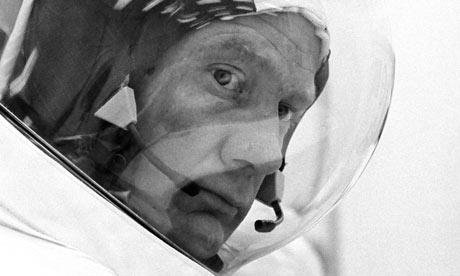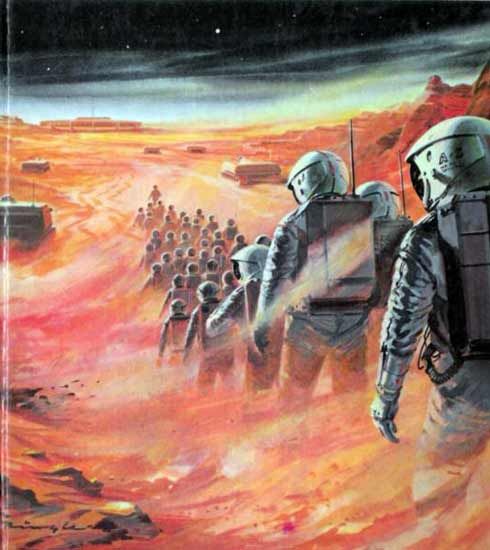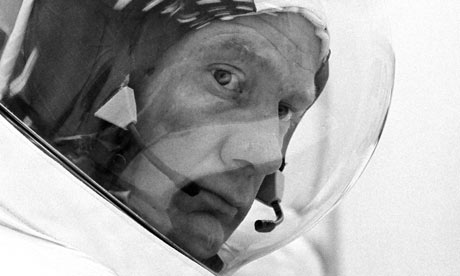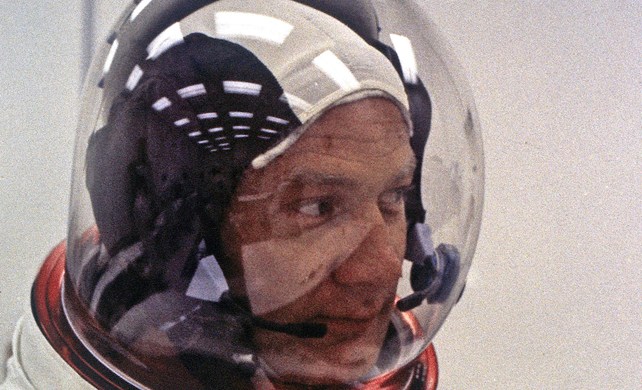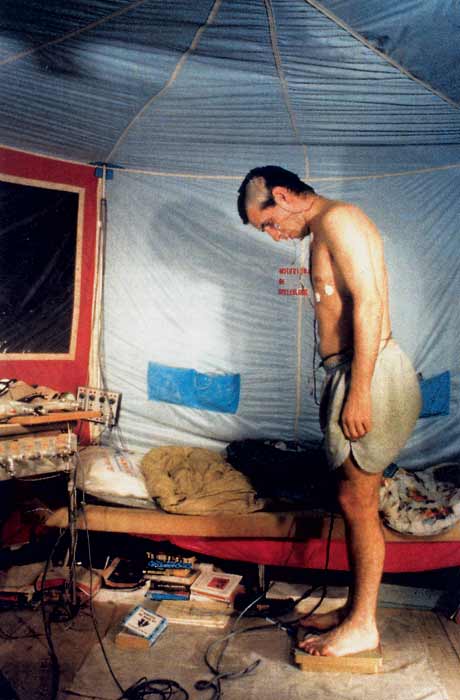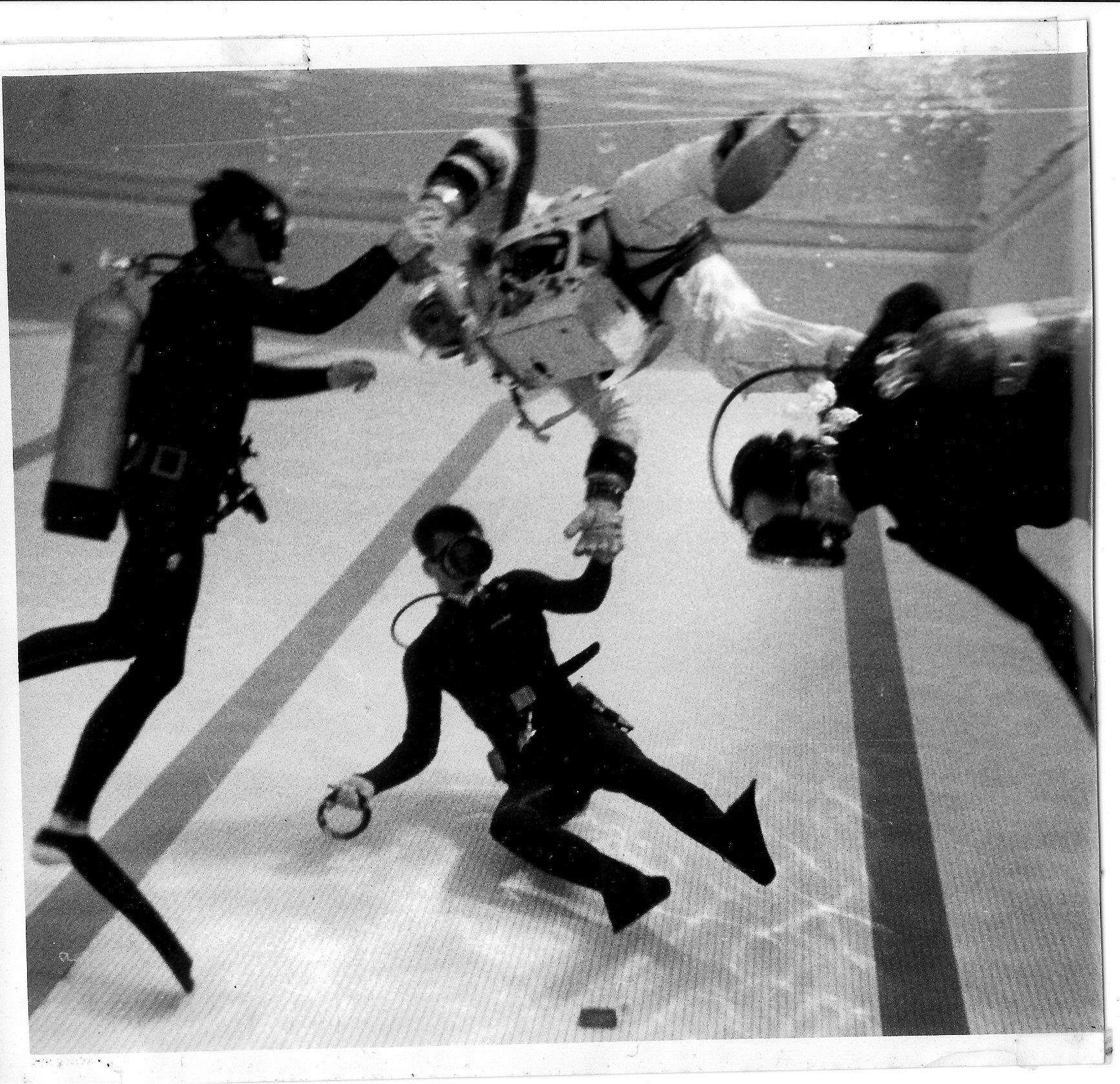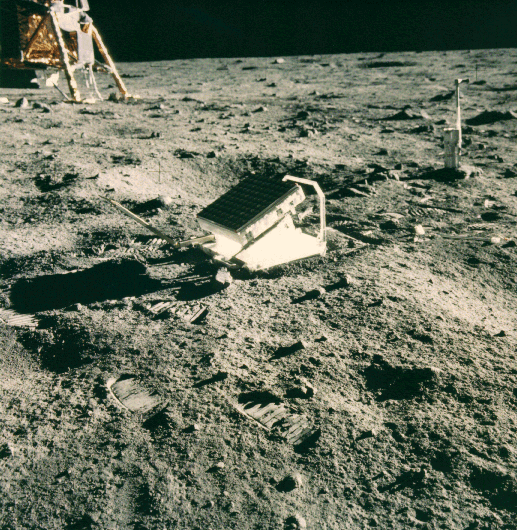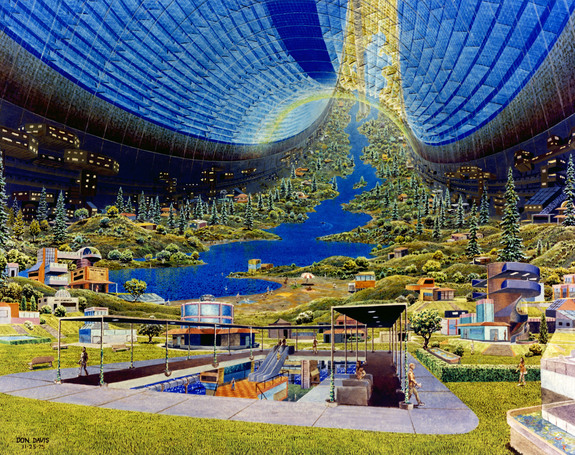 Two exchanges from Buzz Aldrin’s new Ask Me Anything at Reddit. The second human on the moon doesn’t think the first ones on Mars should have a return ticket.
Two exchanges from Buzz Aldrin’s new Ask Me Anything at Reddit. The second human on the moon doesn’t think the first ones on Mars should have a return ticket.
_________________________
“Question:
Is there any experience on Earth that even compares slightly to having been on the Moon?
Buzz Aldrin:
My first words of my impression of being on the surface of the Moon that just came to my mind was “Magnificent desolation.” The magnificence of human beings, humanity, Planet Earth, maturing the technologies, imagination and courage to expand our capabilities beyond the next ocean, to dream about being on the Moon, and then taking advantage of increases in technology and carrying out that dream – achieving that is magnificent testimony to humanity. But it is also desolate – there is no place on earth as desolate as what I was viewing in those first moments on the Lunar Surface. Because I realized what I was looking at, towards the horizon and in every direction, had not changed in hundreds, thousands of years. Beyond me I could see the moon curving away – no atmosphere, black sky. Cold. Colder than anyone could experience on Earth when the sun is up- but when the sun is up for 14 days, it gets very, very hot. No sign of life whatsoever. That is desolate. More desolate than any place on Earth.”
_________________________
Question:
Our nation and our world have been waiting for another monumental achievement by humanity ever since you were a pioneer in the space race and set foot on the Moon. For lack of any serious government effort, I’m rooting for Elon Musk to accomplish this by sending man to Mars. What advice would you give Elon to achieve the ultimate objective of permanence on Mars?
Buzz Aldrin:
There is very little doubt, in my mind, that what the next monumental achievement of humanity will be the first landing by an Earthling, a human being, on the planet Mars. And I expect that within 2 decades of the 5th anniversary of the first landing on the moon, that within 2 decades America will lead an international presence on Planet Mars. Some people may be rooting for Elon – I think he could, with his SpaceX, contribute considerably, enormously, to an international activity not only at the moon but also on Mars. I have considered whether a landing on Mars could be done by the private sector. It conflicts with my very strong idea, concept, conviction, that the first human beings to land on Mars should not come back to Earth. They should be the beginning of a build-up of a colony / settlement, I call it a “permanence.” A settlement you can visit once or twice, come back, and then decide you want to settle. Same with a colony. But you want it to be permanent from the get-go, from the very first. I know that many people don’t feel that that should be done. Some people even consider it distinctly a suicide mission. Not me! Not at all. Because we will plan, we will construct from the moon of Mars, over a period of 6-7 years, the landing of different objects at the landing site that will be brought together to form a complete Mars habitat and laboratory, similar to what has been done at the Moon. Tourism trips to Mars and back are just not the appropriate way for human beings from Earth – to have an individual company, no matter how smart, send people to mars and bring them back, it is VERY very expensive. It delays the obtaining of permanence, internationally. Your question referred to a monumental achievement by humanity – that should not be one private company at all, it should be a collection of the best from all the countries on Earth, and the leader of the nation or the groups who makes a commitment to do that in 2 decades will be remembered throughout history, hundreds and thousands of years in the future of the history of humanity, beginning, commencing, a human occupation of the solar system.

